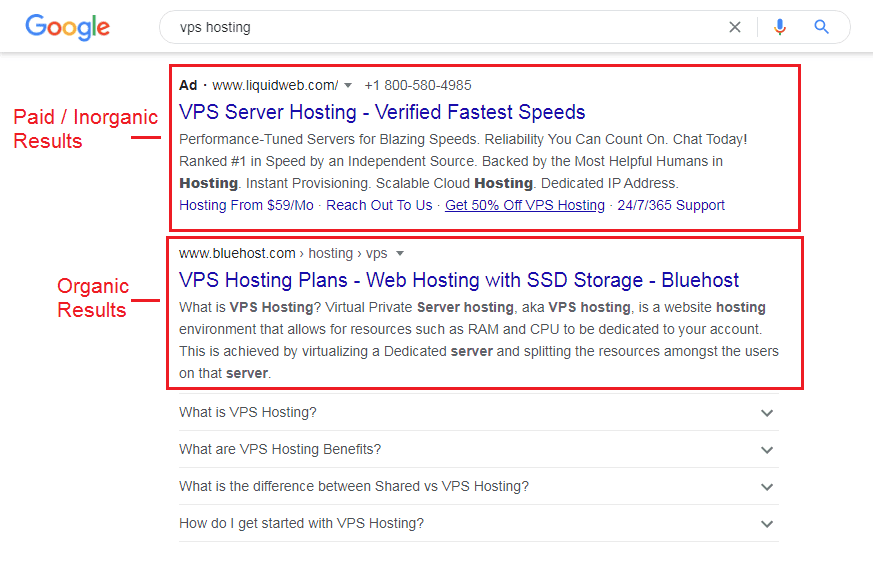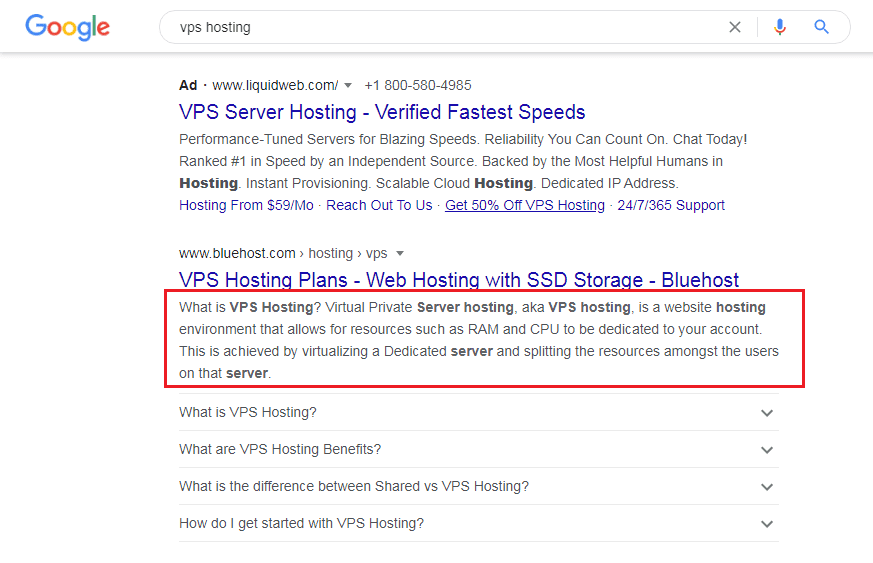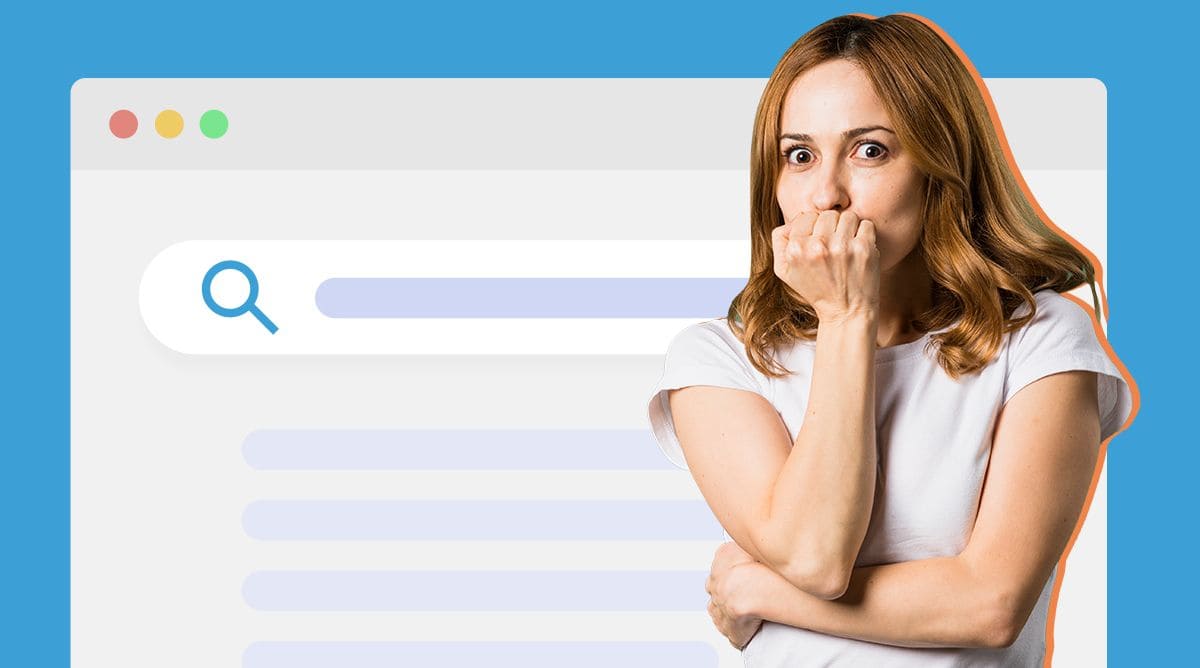While taking the first step in marketing, I was confident that I know SEO very well. In fact, all think in the similar way. Just knowing its full form search engine optimization isn’t enough. Also, you might say that SEO plays a key role on your website ranking on search engines. Does that really mean you an SEO genius?
Not at all.
There are plenty of things that you might not be aware of and you have a chance to learn by asking more and more queries.
So let’s check all of the SEO things not only I but you too might have along the way, but aren’t sure whom to ask.
Hope that it’ll help you, too, if you are struggling similar to me with any of these questions that are very simple, but still confuse you.
The List of Question About SEO That You Fear to Ask
1. What is SEO?
SEO means search engine optimization. This includes the techniques that enable your website to get more visibility in organic search results for those looking for your product, brand, or service via search engines like Google, Bing, and Yahoo.
2. What’s the difference between organic and paid results?
Results that get displayed in search engines based on an algorithm for free are called as organic results. Search results that get displayed at the top of side of a page are called as inorganic search results. Advertisers pay for these links for getting displayed on different search engines.

3. What is a meta description and does it still matter?
A meta description is the text that gets displayed below your page in a search engine result that tells you what the page is all about. Check the below highlighted example:

Meta descriptions matter even today, though not in the same way they used to. Previously, they were used for keyword optimization so that crawlers would know in details about your page contents. Now, it is significant that you write something convincing that attracts the readers to click and you can improve conversion rates from SERP results to your website.
4. Is it essential to optimize your domain name to include keywords?
Avoid including a keyword in your primary domain just for the sake of keyword optimization because it can actually hurt your SEO. It is fine to include your company’s name, but don’t make it too long such as this – digitalmarketingsoftwarebloggingseosocialemailautomation.com. I hope you got my point.
5. How to find if you are using the right number of keywords on a page?
Sorry, the number can’t be defined as the “right” number of keywords on a page. This is because it is a wrong way to do keyword optimization.
Don’t think about keyword density. If you use a keyword for too many times, your website will be penalized for “keyword stuffing”. While using keyword, insert them naturally keeping the reader in mind. You will automatically include keywords naturally when you yourself go through the content as a reader. So, stop worrying about reaching a particular number.
6. Are internal and inbound links different?
Links on your website’s page that take the visitor to another page on your site are called as internal links. Other websites that link to your content are called as inbound links. You need both of them for SEO.
7. How many internal links should be there on each page of content?
Similar to avoiding keyword stuffing into your content, avoid stuffing too many links into your content. Just include them to improve your reader’s experience.
Related: The Seven Commandments of Internal Linking that Will Improve Content Marketing SEO
8. How often I should update my links for SEO?
Do you like doing a job more than once? No one does. Once you create a link, it doesn’t end there. You need to revisit it frequently to increase your website traffic. Though the Internet has only been around for a short while, we know that links don’t age well.
If someone has revisited an old site they loved can tell you that links don’t age well. Also, if the old site appeared to be sophisticated and smooth choice at that time later it appears to be clunky and needless. Similarly, it can happy with the links that you use for SEO. If your links gets out-dated and aren’t useful, those can hurt your SEO. The reason is that the links will receive less traffic as time passes. Therefore, you should update links at least every three to six months for getting fresh traffic. With this, you will get to know the new traffic numbers on your website regularly rather than depending on the same population as with your old links.
9. What are hyperlinks and backlinks in SEO? What’s the difference?
Though they appear to be similar concepts but are very different. A linked keyword or website is called as hyperlink.
A link to your website on a different page is called as backlink. Basically, hyperlink is a link to any website. A backlink is a link to your website, on a different website.
Both of them are important as you want and need them. You need the traffic from the hyperlinks to your site as well as you want the backlinks to get traffic specifically to your site.
10. Where is the “|” on my keyboard?
The below screenshots will help you to find that symbol:

11. Should I know coding to do SEO myself?
There isn’t any need to have the knowledge of coding for every element of search optimization. You will need to have a basic knowledge of code for advanced SEO techniques, but it isn’t essential for each of the SEO tactic.
12. What is robots.txt?
A page that gives search engines information about the pages a company wants indexed or crawled is called as robots.txt. This page can be found by browsing YOURDOMAIN/robots.txt.
13. What is the sitemap.xml file?
The sitemap.xml file comprises of index of all pages on your website. It makes easy for search engines to refer the content that want indexed.
14. What is the difference between indexed and crawling?
When search engines go through your website’s content, they crawl your website. While crawling, they index the content that will get displayed in the search engine. But, you should remember that all of your website content isn’t indexed. It completely depends on the search engines as to which content to index and which to not index while crawling.
15. How to find what pages are indexed?
You simply need to type “site:www.YOURDOMAIN.com to find which of the pages on your site are indexed.
16. Why it is essential to have alt text on your images?
Search engines can’t read images, but yes they can read text. With the alt text search engines can find out the information about images. Additionally, if a page doesn’t load due to some issues, people can still check the information of an image by reading the alt text.
Related: Do’s and Don’ts of Writing Image Alt Tags
17. How much is required for seeing results from SEO?
It depends on several factors which help to find when your results will be visible. This includes the below factors, but isn’t limited to:
- The amount of content you create
- The content quality
- How the content reflects with your audience?
- Whether your website is big or small with strong or weak domain authority?
If you have a large site, it could possibly see results in a couple of days if it is crawled by search engines regularly. It requires more time for smaller sites to get displayed as they get crawled less frequently. You need to wait at least for a week and probably closer to a month, before you plan to change your SEO strategy, and a bit longer if you’re have just started with SEO.
18. Is there a need to hire someone to do my SEO?
It can be helpful to hire someone internally externally for doing your SEP but it can prove to be dangerous if that person lacks the knowledge of the modern rules of SEO.
19. What goal should you set for your SEO?
While setting a goal for SEO, don’t simply think about the top of the funnel and the number of visits you’re getting to your website. However, think about your complete marketing funnel and the quality traffic coming to your website.
Check if the people who are searching your website via SEO are qualified prospects for your business. If there aren’t, that type of traffic increase won’t matter for your website.
While creating your goals, consider the difference between general traffic and quality traffic. Then set your goals based on traffic and your complete marketing funnel.
20. Has SEO changed in the last few years?
Yes it has changed to a great extent! Therefore, you need to keep yourself updated to do your website SEO in the right way.
Summary
There are some of the questions that you might have or now fear to ask about SEO. Do you have any more questions related to SEO that you fear to ask? You can share them in the comments and we will answer them for you.








